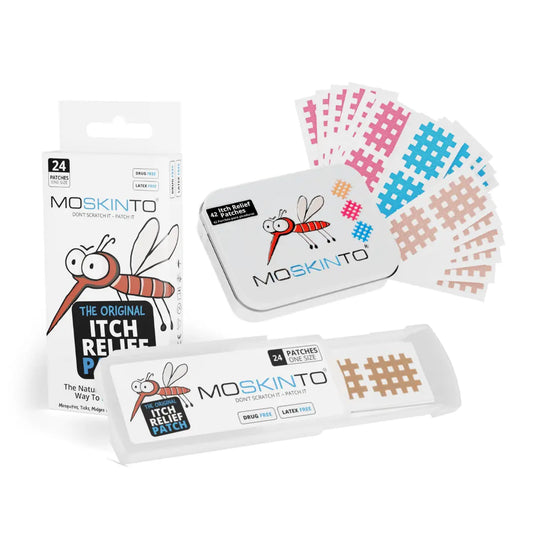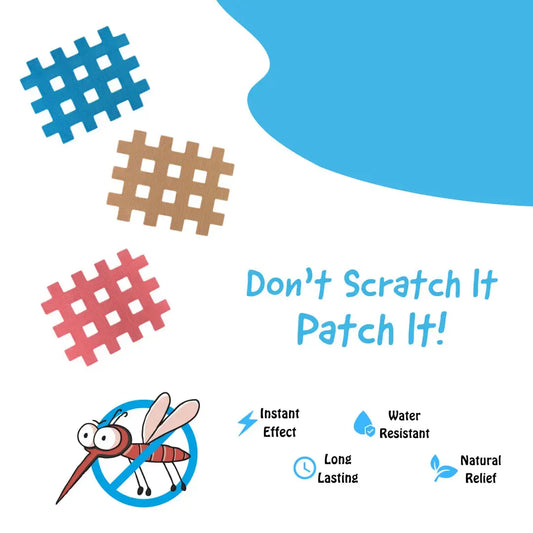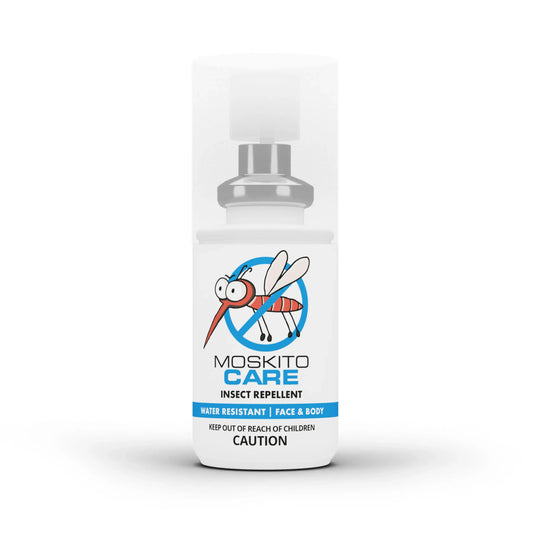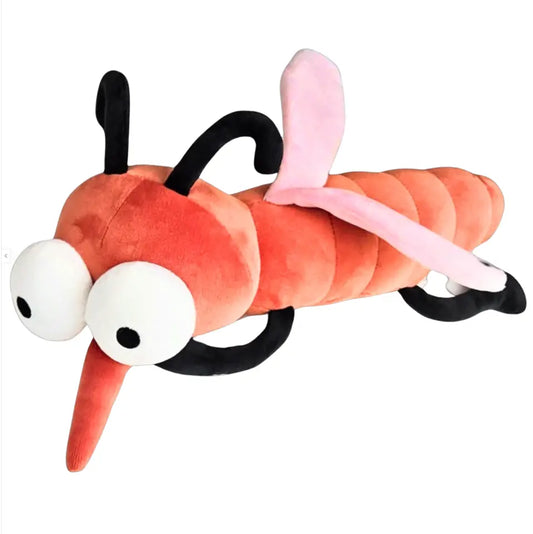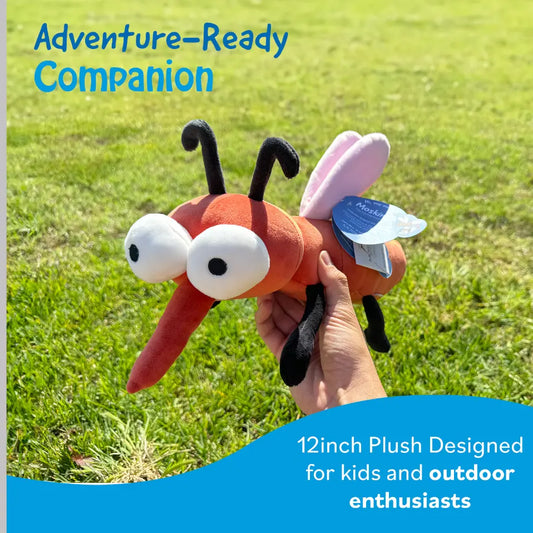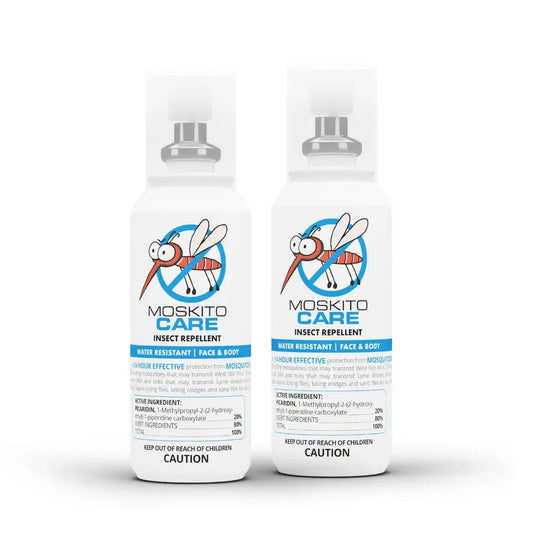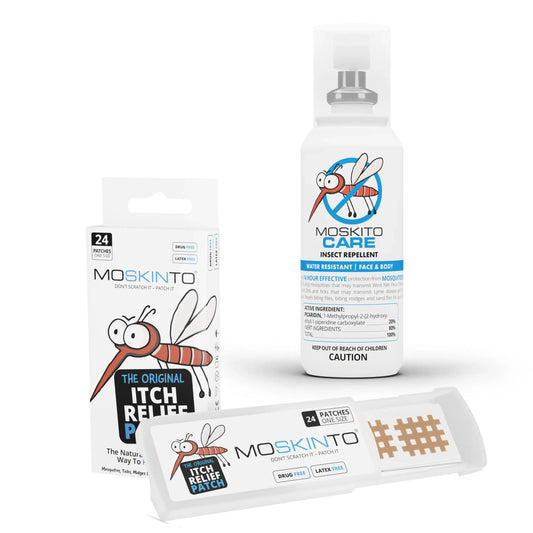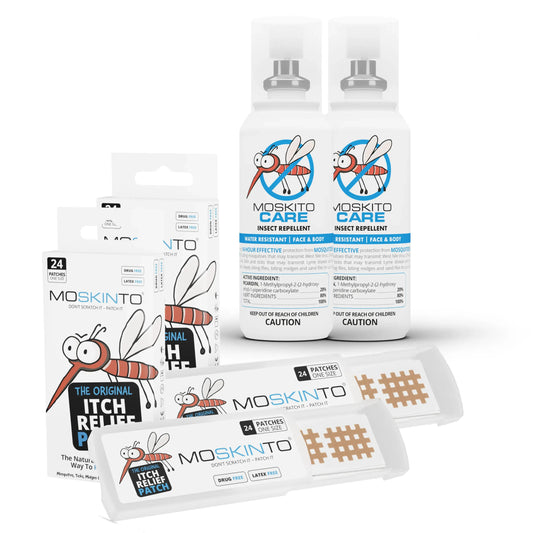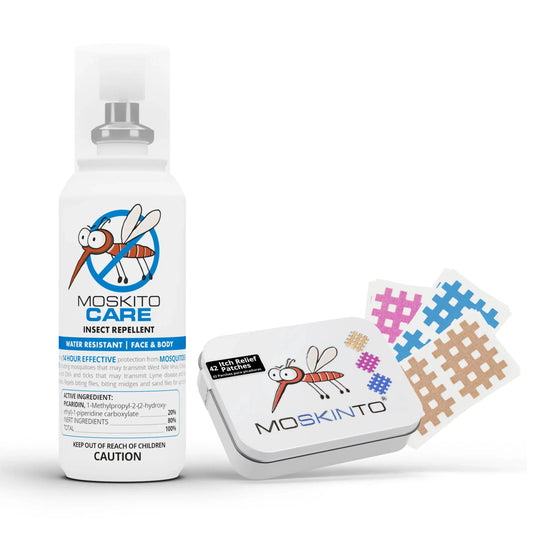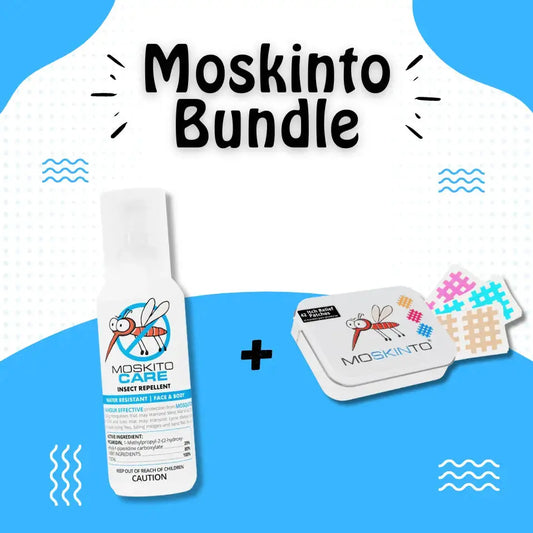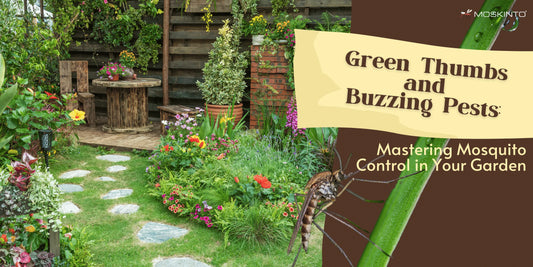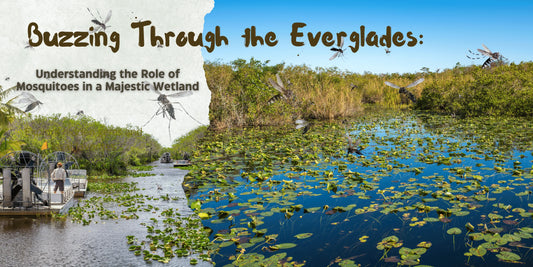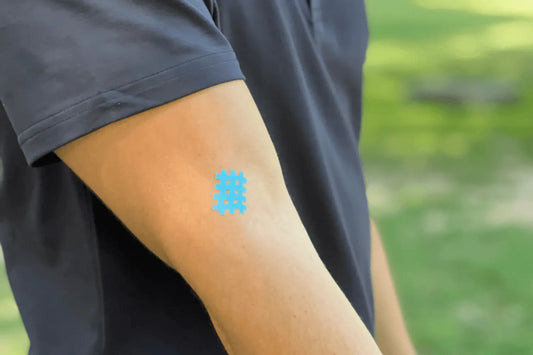Green Thumbs and Buzzing Pests: Mastering Mosquito Control in Your Garden
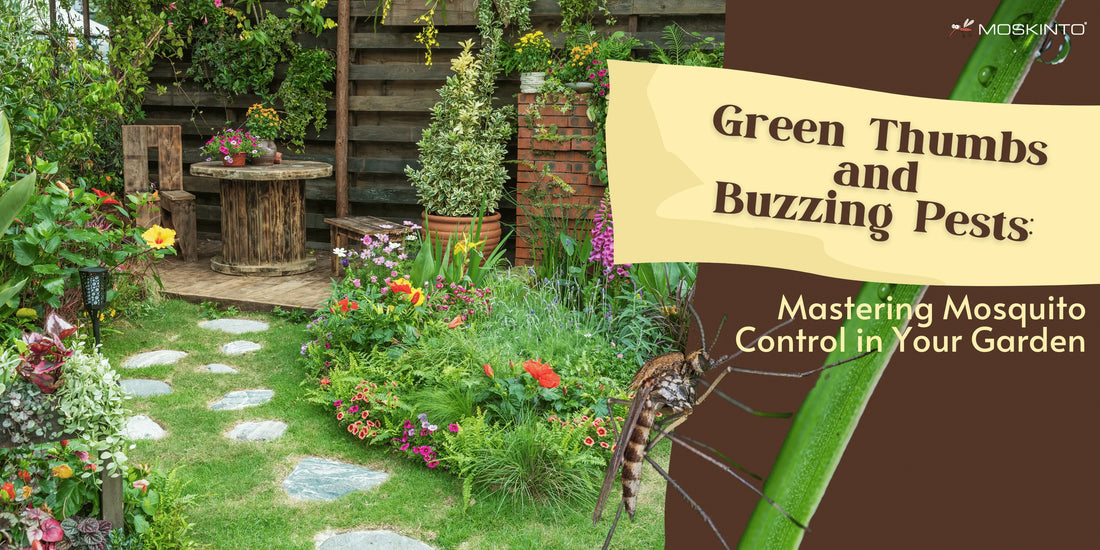
Welcome, gardening enthusiasts! As you cultivate your botanical paradise, have you noticed an unwelcome buzz around your blooms? Mosquitoes: the uninvited guests to your green sanctuary. These tiny pests do more than just irritate; they can disrupt the serenity of your outdoor labors. Understanding these creatures is the first step to reclaiming your space. Let's delve into the fascinating yet vexing world of mosquito biology and behavior. Discover how these insects expertly track down their next meal and learn why standing water in your garden could be the welcome mat to their breeding party. With insightful expertise, we'll guide you on a journey to create a peaceful, mosquito-free garden.
Mastering Water Management in Gardens to Prevent Mosquito Breeding
Mosquitoes are more than just an annoyance; they can be carriers of diseases, making it crucial to manage your garden in a way that minimizes their breeding opportunities. Water management plays a pivotal role in preventing the proliferation of these pests. Let's delve into practical strategies to keep your garden both beautiful and mosquito-free.
Importance of Proper Drainage to Prevent Standing Water
Standing water is the main culprit when it comes to attracting female mosquitoes ready to lay their eggs. Ensuring your garden has proper drainage is the first line of defense against a potential mosquito infestation. This involves creating a gentle slope in the garden bed to facilitate water flow and prevent puddles from forming.
Techniques for Water Management in Eco-Friendly Gardens
- Rain gardens: Establish a rain garden in a low spot that often collects water. These gardens feature plants that thrive in wet conditions and help absorb excess water.
- Drip irrigation: Use drip hoses instead of sprinklers to deliver water directly to the roots of the plants, minimizing water waste and the dampness that attracts mosquitoes.
- Water barrels: Collect rainwater in barrels but ensure they are covered and sealed to prevent mosquitoes from laying eggs inside.
Regular Maintenance Tips to Prevent Ground Water Accumulation
Regular maintenance is key to sustainable water management. Here are some tips to keep your garden in top shape:
- Empty containers that collect water regularly, such as plant saucers, bird baths, and pet water bowls.
- Clean your gutters frequently to prevent water from pooling and becoming a breeding ground for mosquitoes.
- Check irrigation systems to make sure there are no leaks or overwatered areas.
A proactive approach to water management in your garden not only ensures a thriving ecosystem but also contributes to the efforts of keeping mosquitoes at bay. By implementing these strategies, you can enjoy your outdoor oasis without the worry of unwanted buzzing guests.
Allies in the Air: The Importance of Mosquito Predators
Gardening is not just about cultivating plants; it's also about maintaining a balanced ecosystem. A key part of that balance involves the birds, insects, and bats that prey on mosquitoes. These mosquito predators are essential in controlling mosquito populations and can reduce the need for chemical repellents. Let's dive into how these natural allies can keep your garden mosquito-free and what you can do to support them.
Identifying Common Mosquito Predators and Their Role in the Ecosystem
Mosquitoes have many natural enemies. Birds such as swallows, martins, and sparrows feast on adult mosquitoes. Insects like dragonflies and ladybugs consume mosquito larvae, while bats are excellent at catching mosquitoes in mid-flight during their nocturnal hunts. These predators not only help manage mosquito populations but also contribute to the biodiversity, making your garden a healthier environment.
Landscaping and Garden Planning to Attract Mosquito Predators
Attracting these helpful species to your garden can be as simple as providing the right habitat and food sources. For birds, consider adding birdhouses and birdbaths to encourage nesting and foraging. Planting native flora can attract native insects, including those that prey on mosquitoes. Additionally, having a water feature in your garden can create a breeding ground for dragonflies, which are mosquito larvae predators.
Protecting and Supporting Mosquito Predators in Your Garden
- Do not use broad-spectrum insecticides that can harm beneficial insects and other predators.
- Provide shelter for bats by installing a bat house.
- Maintain a small pond or water feature to support an ecosystem that includes frog and dragonfly larvae, which feed on mosquito larvae.
- Encourage beneficial insects by planting a variety of plants that bloom at different times, providing a constant source of nectar.
By understanding the role of mosquito predators in your garden's ecosystem and making thoughtful landscaping choices to support them, you can enjoy a blooming garden with fewer mosquitoes. This natural pest control method not only reduces your reliance on chemicals but also enriches the biodiversity of your outdoor sanctuary.
Furry Friends: Safe Mosquito Repellent for Pets and Wildlife
As gardeners, we cherish our lush green spaces not only for the beauty they add to our homes but also for the joy they bring to our furry friends and the local wildlife. It's crucial to select mosquito repellents that are safe for our pets and the natural ecosystem that thrives in our gardens. Chemical-laden products can harm more than the pesky mosquitoes we aim to keep at bay.
Importance of Choosing Pet and Wildlife-Friendly Repellents
When we talk about mosquito control, the well-being of our animal companions and visiting wildlife must take precedence. Mosquito repellents with DEET, for example, can be toxic to mammals and birds, leading to a range of health issues. Instead, look for non-toxic alternatives that are as gentle on the environment as they are on animals.
Recommendations for Safe Mosquito Repellent Products
Fortunately, there are numerous products on the market that offer protection without the side effects. Consider sprays, lotions, and collars that contain natural ingredients like citronella, eucalyptus, and oil of lemon eucalyptus. Always ensure the products are explicitly marked as safe for animals and consult your veterinarian before any application.
- Wondercide Flea & Tick and Mosquito Control for Pets and Home
- Vet's Best Mosquito Repellent for Dogs and Cats
- Pet Naturals of Vermont - FLEA TICK Repellent Spray
Creating a Pet-Safe Garden Environment in the Summer
The summer months invite everyone outdoors, including our pets. To make your garden a safe haven, consider planting mosquito-repellent flora such as lavender, marigolds, or catnip, known for their natural repellent properties without harming animals. Additionally, maintaining a clean yard free from standing water reduces mosquito breeding grounds, enhancing safety for all.
Embracing these pet-friendly strategies can keep your garden buzzing with life, minus the mosquitoes, ensuring a peaceful coexistence of pets, plants, and people.
Gardening Gear: Protecting Your Skin from Mosquitoes
When venturing into the garden, it's essential to consider how to shield your skin from mosquitoes. Clothing choice plays a crucial role in this defense. Opt for long sleeves and pants to minimize exposed skin. Light-colored, loose-fitting clothing not only keeps you cool in the summer heat but also makes it more challenging for mosquitoes to land on your skin. Additionally, consider clothing treated with insect repellent for added protection.
Human odor can attract mosquitoes, so it's essential to be mindful of personal hygiene. Showering before gardening can help reduce body odors that may attract mosquitoes.
Temperature also influences mosquito activity. Mosquitoes are most active when temperatures are warm, especially during dawn and dusk. Consider gardening during cooler times of the day to minimize mosquito encounters.
By prioritizing protective clothing and mindful personal hygiene, you can enjoy your gardening experience while minimizing the risk of mosquito bites.
